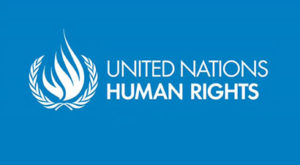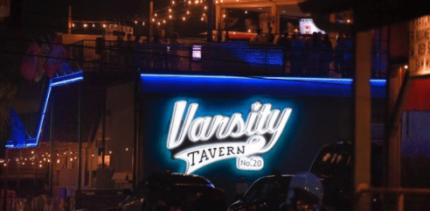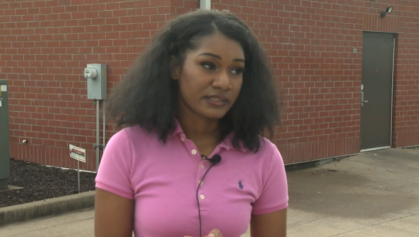America’s racist practices–including police violence and the implementation of its criminal justice system—have human rights implications and face international scrutiny. The United Nations has reviewed the country’s human rights record and the international body slammed the U.S. for its racial profiling and use of deadly force, and its implementation of the death penalty.
Of the 343 recommendations made by the UN Human Rights Council in Geneva, Switzerland, the U.S. accepted 44 recommendations for eliminating racial discrimination and addressing excessive use of police force and racial bias in the death penalty, as Al Jazeera America reported. In addition, the U.S. supported another 20 recommendations “in part” and rejected one—calling for an independent commission to prosecute racially motivated crimes.
During the peer review process–in which 117 UN member states participated, and each state must undergo every four years—the international community was able to weigh in and offer comments and recommend changes. The panel called on the U.S.—which often characterizes itself as a beacon of human rights and criticizes other nations on their human rights record—to abolish the death penalty, end extrajudicial killings, and protect the human rights of indigenous people and immigrants. The council also urged the U.S. to punish torturers, and close its Guantanamo Bay detention facility in Cuba.
The French delegation recommended the U.S. “take necessary measures to fight against discriminatory practices of the police based on ethnic origin.” Meanwhile, Malaysia suggested the U.S. “double its efforts in combating violence and the excessive use of force by law enforcement officers based on racial profiling through training, sensitization and community outreach, as well as ensuring proper investigation and prosecution when cases occur.” The U.S. accepted these peer recommendations, while also explaining its criteria for supporting recommendations.

The U.S. added that, “We support recommendations to take actions we are already taking or have taken, and intend to continue taking, without in any way implying that our ongoing or prior efforts have been unsuccessful or that these actions are necessarily legally required. With respect to judicial remedies, we note that we cannot make commitments regarding, and do not control, the outcome of court proceedings.”
However the U.S. did say it would take a closer look at other recommendations.
“Where recommendations include inaccurate assumptions, assertions, or factual predicates, we have decided whether we support them or support them in part by looking past their rhetoric to the proposed action or objective,” the U.S. said.
The UN report came as Pope Francis gave a speech to a joint session of Congress on September 24, in which he called for an abolition of the death penalty and urged the U.S. to adopt policies that embrace immigrants. According to Amnesty International, the U.S. is one of five countries accounting for the overwhelming majority of executions in the world.
Further, the U.S. has very permissive policies on the use of deadly force by police, raising serious human rights questions. “Deadly Force: Police Use of Lethal Force In The United States”– a report released by Amnesty in June 2015—found that all 50 states and Washington, D.C. fail to comply with international law and standards on the use of deadly force by police.
Further, nine states and Washington, D.C. have no laws on the books regarding the use of lethal force by law enforcement, while thirteen states have laws that do not even comply with the lower standards for deadly force set by the U.S. constitutional law. Some states allow for deadly force to “suppress opposition to an arrest”; to arrest someone for a “suspected felony”; to “suppress a riot or mutiny”; to prevent a prison or jail escape, or for crimes such as burglary. Some states allow private citizens to use lethal force if they are carrying out law enforcement activities.
In recent years, the killing of unarmed Black people by police has received national and international attention, and has spurred the growth of a Black movement against police violence. According to The Counted, a database maintained by The Guardian, 861 people have been killed by police in the U.S. in 2015. Blacks are killed by law enforcement at a rate of 5.1 per million, as opposed to 2.08 for whites and 2.27 for Latinos.


